North Sinai
WELCOME TO North Sinai
Province Overview
Al-Arish
27,574 km2
450,000
Arabic
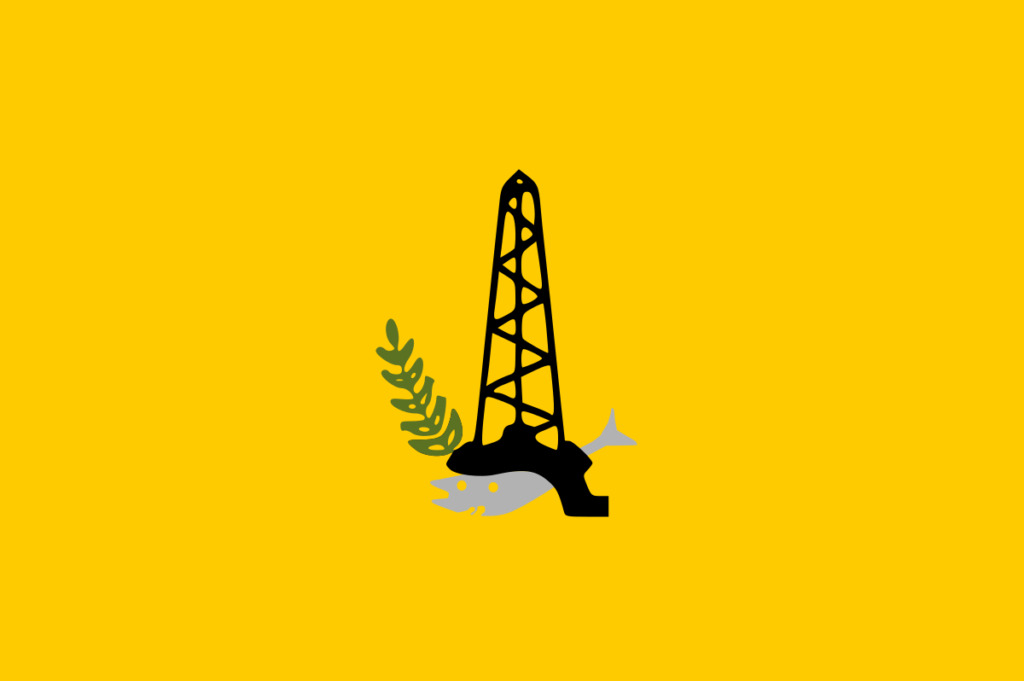
Popular
Geography and Tourist Attractions
Information about the province's tourist attractions, including popular destinations, events, and activities.

Mount Sinai
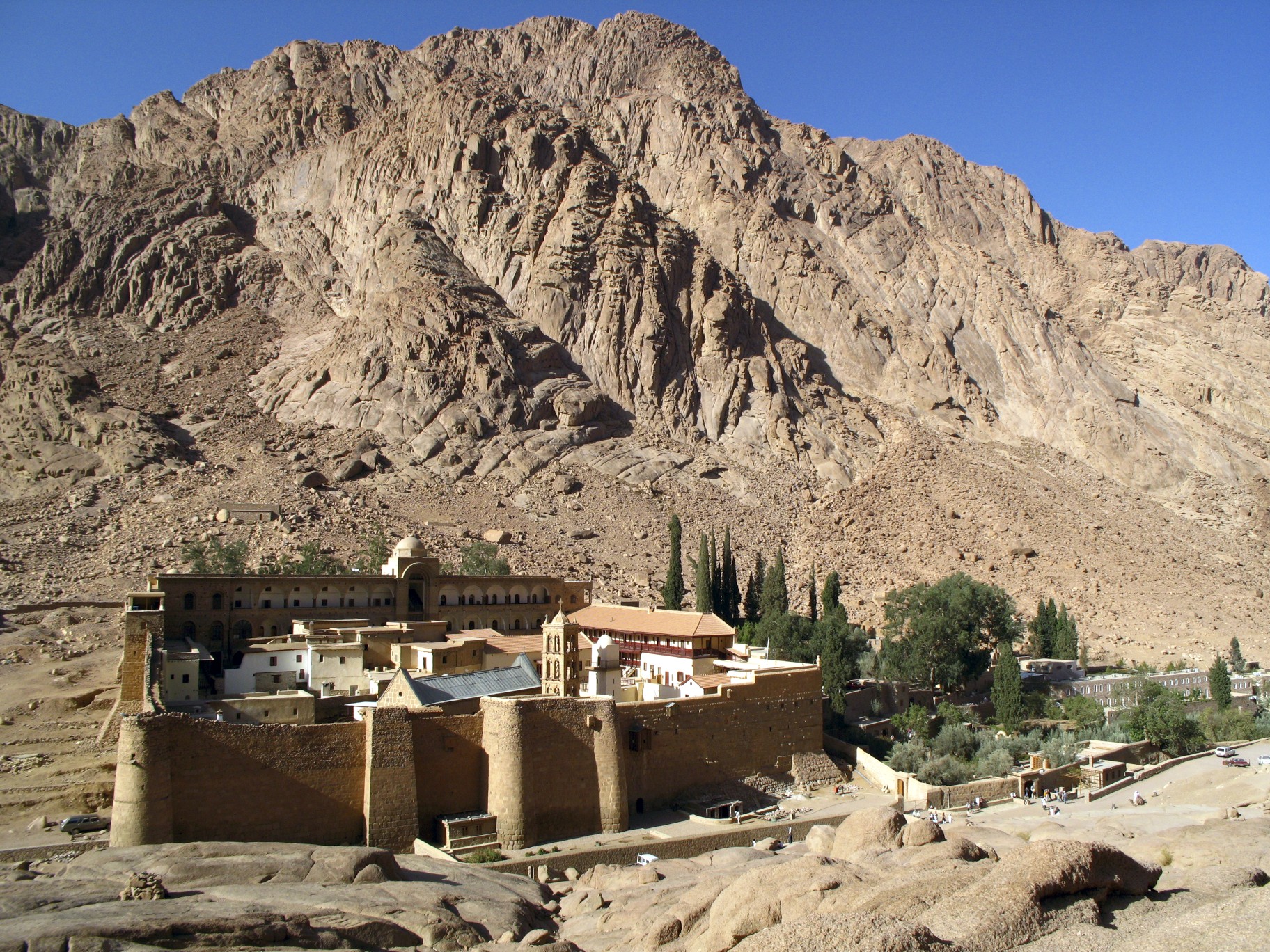
Saint Catherine's Monastery

Ras Mohammed National Park
Political
Economy and Government
The province of North Sinai in Egypt faces unique challenges in terms of its economy and government due to its geopolitical context. The economy of North Sinai is primarily driven by agriculture, fishing, and tourism. Agriculture, including the cultivation of crops such as wheat, fruits, and vegetables, plays a significant role in sustaining the local population. The coastal location of the province also supports a fishing industry that contributes to the local economy.
However, the region has faced security concerns and instability in recent years, which have impacted its economic growth and development. The government has been actively working on implementing security measures and investing in infrastructure projects to enhance stability and support economic activities.
The government of Egypt recognizes the importance of the region and has initiated various development projects to promote economic growth in North Sinai. Efforts are focused on improving transportation infrastructure, expanding tourism opportunities, and attracting investments that can contribute to job creation and provide a better livelihood for the local population.
Through strategic planning and development initiatives, the government aims to address the economic challenges faced by the province and create an environment that supports sustainable growth and prosperity for the residents of North Sinai.
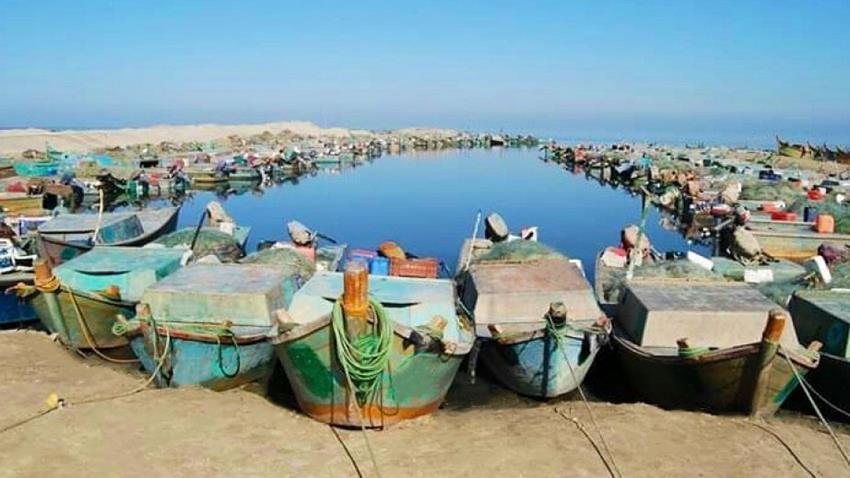
History
History and Culture
The province of North Sinai in Egypt is steeped in rich history and diverse cultural traditions. The region has been inhabited since ancient times and has witnessed the rise and fall of numerous civilizations, leaving behind traces of their cultural heritage.
North Sinai is known for its historical significance as a gateway between Egypt and the neighboring lands. It has been a crossroad of cultures, influenced by ancient Egyptians, Greeks, Romans, and Bedouin tribes. The Bedouin culture plays a prominent role in shaping the identity of the region, with their unique customs, hospitality, and traditional way of life.
The province is also home to significant historical sites, including the legendary Mount Sinai, where Moses received the Ten Commandments. The ancient ruins of Pharaonic temples, Byzantine monasteries, and Ottoman fortresses are scattered throughout the region, bearing witness to its diverse historical past.
The cultural fabric of North Sinai is woven with traditional music, dance, and folklore, reflecting the vibrant expressions of its inhabitants. Traditional crafts, such as rug weaving and pottery, are still practiced, showcasing the artistic skills passed down through generations.
Exploring the history and culture of North Sinai offers a captivating journey through time, allowing visitors to immerse themselves in the region's ancient heritage and experience the unique traditions that have shaped its identity.
HOTELS

Movenpick Resort Taba
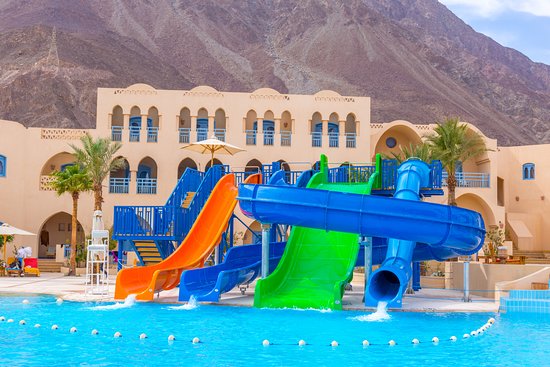
El Wekala Aqua Park Resort
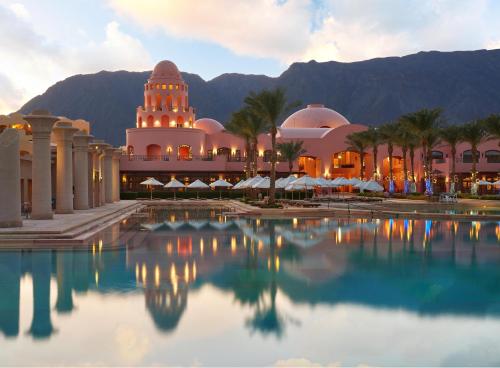
Sofitel Taba Heights
RESTAURANTS
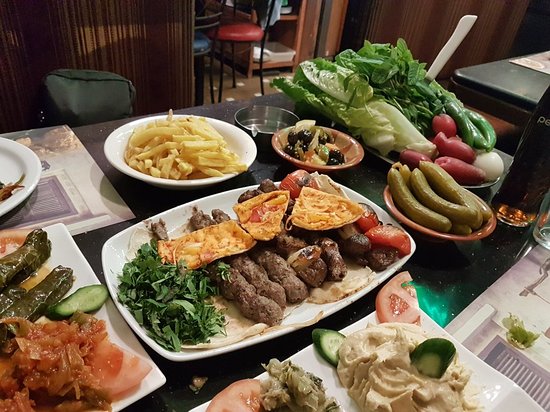
Abou Hassan Restaurant
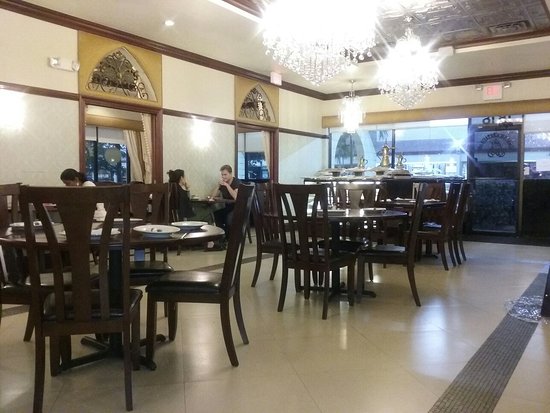
El Salam Restaurant

